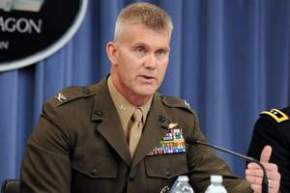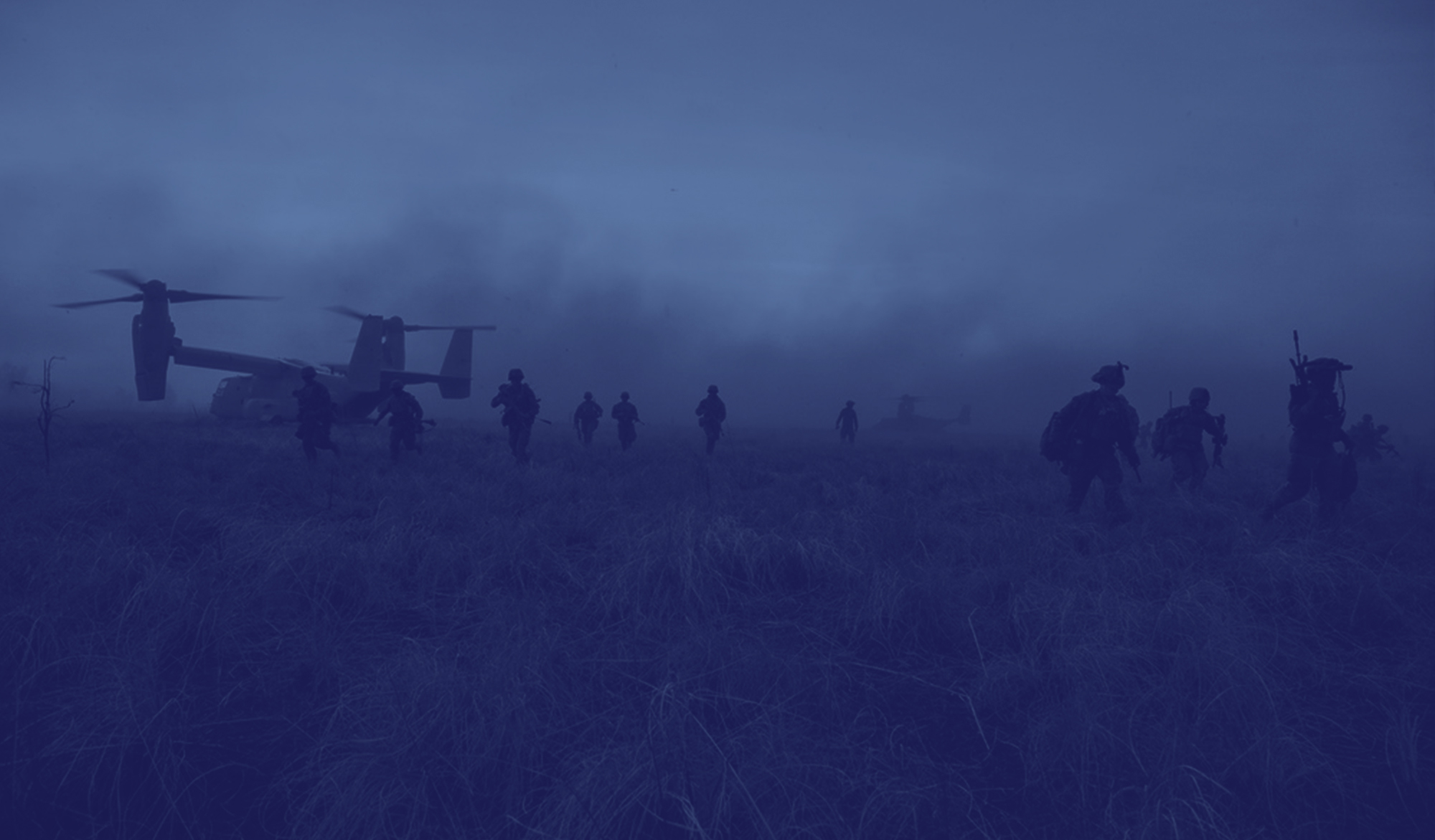
By Dan Lamothe
Marine Corps Times Staff writer
The Marine Corps won’t allow women to serve in the infantry until at least 2015, according to a new plan outlining how the service will conform to a landmark Pentagon decision allowing female troops into ground combat units.
Each of the services and U.S. Special Operations Command released their versions of the plan June 18, following the military’s historic decision in January to repeal the 1994 Direct Combat Exclusion Rule. The move opened about 237,000 jobs across the services to women, including about 53,721 in the Corps, Marine officials said.
The plans outline how each branch of service will conduct research needed to open more jobs. The services will be allowed to ask for exceptions, thus keeping some jobs closed, but it remains to be seen if and where they will do so.

Military officials told reporters at the Pentagon on June 18 that it is not clear how women would be integrated into the infantry, or whether they would be in all units or those designated “co-ed.” The Army and Marine Corps are examining how the militaries in Australia, Canada, Israel and the United Kingdom have done so, said Col. Jon Aytes, head of the military policy branch at Marine Corps Manpower and Reserve Affairs.
“We do want to make sure we do this thing the right way, and we’re going to look at everything, but it’s too premature to say where they would go exactly right now until we get the full breadth and depth of our analysis complete,” Aytes said.
The Corps’ plan includes a schedule for opening various specialties to women in coming years, although the dates are subject to change based on recommendations from the Marine Corps commandant, currently Gen. Jim Amos, and the results of ongoing research. For example, plans call for allowing female Marines to become ground intelligence officers this year, and officials will decide next year whether to allow them to become low altitude air defense officers, amphibious assault vehicle officers and low altitude air defense gunners.
The big moves come in 2015, when the Corps is scheduled to recommend whether or not women should join the infantry. Marine officials are scheduled to notify Congress between April and June of that year, according to the plan outlined June 18.
The possibility of women joining the infantry has been greeted by some service members as a move toward equal rights, but derided by others as a politically correct effort that will weaken the military, especially in small units that live in austere conditions with little privacy. Any requests for exceptions that would keep the infantry, reconnaissance and special operations communities closed to women will hinge in part on how implementation proceeds in other units, the plan says.
“If needed, a request for an exception to policy will be made if warranted to keep the remaining units (Infantry, Reconnaissance and elements of Special Forces) closed for the assignment of female Marines,” the document says.
The commandant was traveling and could not be reached for comment, said his spokesman, Lt. Col. Wesley Hayes. In January, Amos said he wants to make sure standards are not lowered as a result of the policy change, adding that he understands many infantrymen are concerned.
“I think from the infantry side of the house, you know they’re more skeptical,” Amos said during a defense conference in San Diego on Jan. 31. “It’s been an all-male organization throughout the history of the U.S. Marine Corps, so I don’t think that should be any surprise. I think the rest of it is all what you’d expect.”
In a letter distributed to his general officers the same day the Pentagon announced the policy change, Amos said the plan that he and the other Joint Chiefs developed calls for a three-year research period before the top officers in the Marine Corps and Army must make recommendations to civilian leaders. He stressed that no decisions have been made, including in the infantry, reconnaissance and special operations communities.
“I believe we have created the conditions for [the next commandant] to provide his best analytically informed military advice on this critical matter to the civilian leadership, who have the constitutionally enshrined power of final decision,” Amos wrote. “I don’t know what my successor’s recommendation will be, but the end state is not a foregone conclusion, as some have suggested.”
